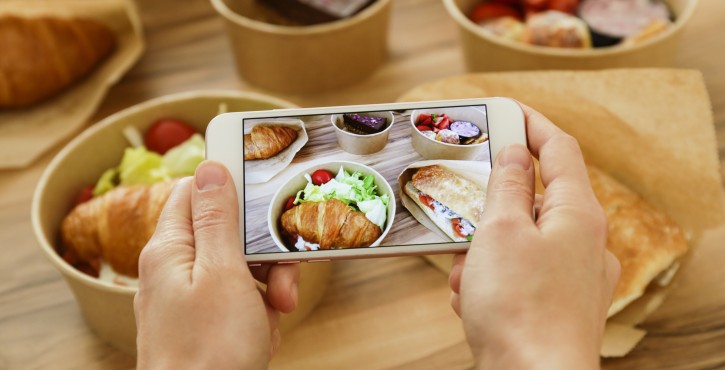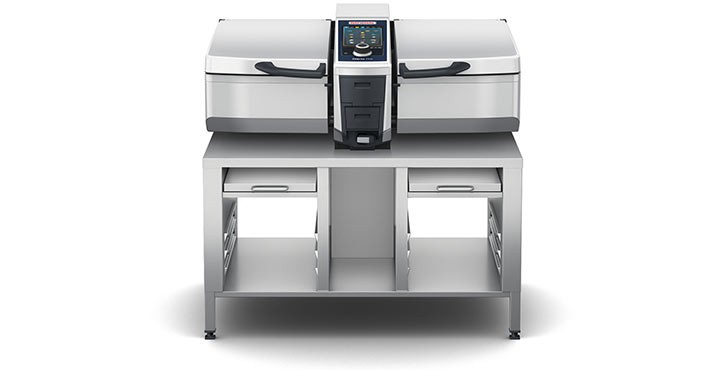Have you ever been asked by a customer:
If not, be prepared. You might be asked soon!
As the world focuses more on how to help the planet, restaurants and other commercial kitchens are now looking at ways to be more sustainable. Below we look at what customers want and how restaurants and businesses in the food industry can learn and adapt as the world becomes greener.

Sustainably run restaurants can use recycled food packaging, biodegradable or reusable, plus it is a great visual cue to emphasise your commitment to the planet. You’re no longer limited to paper or cardboard, which isn't always suitable; there are eco-friendly food packaging options made from bamboo, sugarcane and even palm leaves! If you don't offer takeaway options, seated restaurants can still opt for eco-friendly alternatives, e.g. metal or pasta straws instead of plastic, contactless QR code-accessed menus instead of printed menus.

You might initially wonder how saving energy makes you more sustainable. By reducing your energy usage, you are reducing your business's demand for fossil fuels, lowering carbon dioxide in the atmosphere! Simple swaps include installing LED lightbulbs and low-flow spray valves in your pot wash area. But you can save more energy! You can replace your commercial cooking appliances with multifunctional, energy-saving cooking systems, like the iVario Pro .
The iVario Pro is an advanced bratt pan that combines multiple cooking functions into one piece of intelligent cooking equipment, including boiling, frying, deep-frying and pressure cooking. Its integrated iVarioBoost energy management system, helps it consume up to 40% less energy than conventional cooking appliances. Whilst the initial outlay of installing energy-saving alternatives is an added expense, it will ultimately save you money in the long run, so it's worth the upgrade.
Landfills are bursting at the seams, and the hospitality industry contributes a large volume of food waste. There are a few ways commercial kitchens can better manage their food waste. Leftover ingredients can be used to make daily specials, whilst peelings and bones can be utilised for stock. Consider investing in a waste collector that takes food waste to be commercially composted for anything that cannot be used. During service, if you are noticing the same dishes returning with food left over, perhaps look at reviewing your menu options and portion sizes to minimise future wastage. We have put together a guide to reducing food waste in commercial kitchens, which you can read here.
Achieving sustainability in a restaurant or food business may not be an overnight process, but it's within your business's interests and is doable when you make small, gradual changes. Your commitment to sustainability can make your restaurant or business within the food industry stand out. To learn more about our innovative range of energy-saving cooking systems , please get in touch with our team, who can help find you the best cooking system for your commercial kitchen.